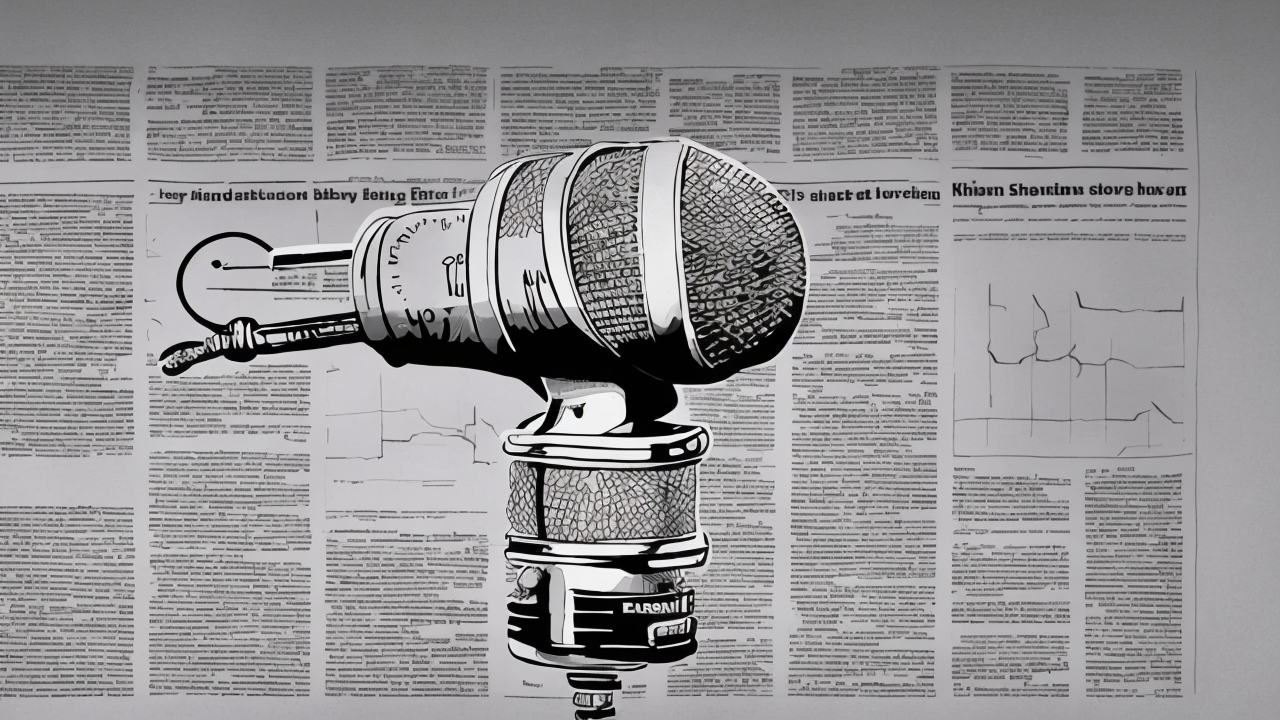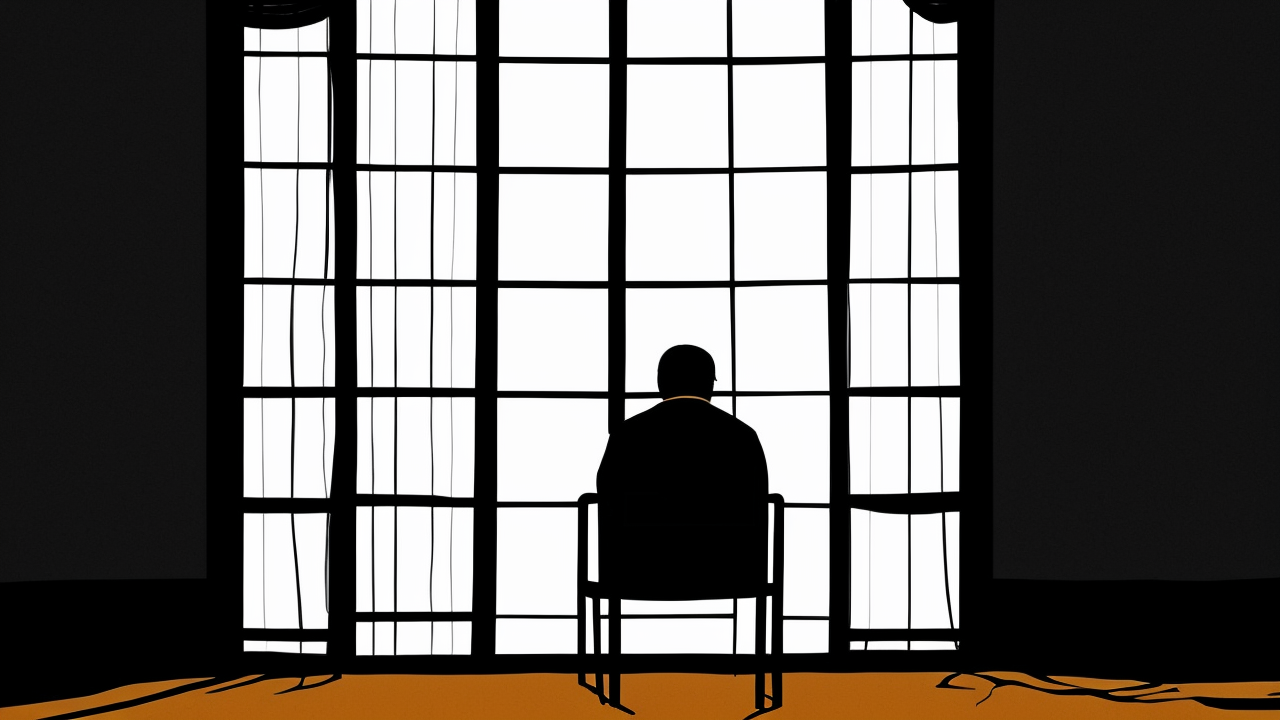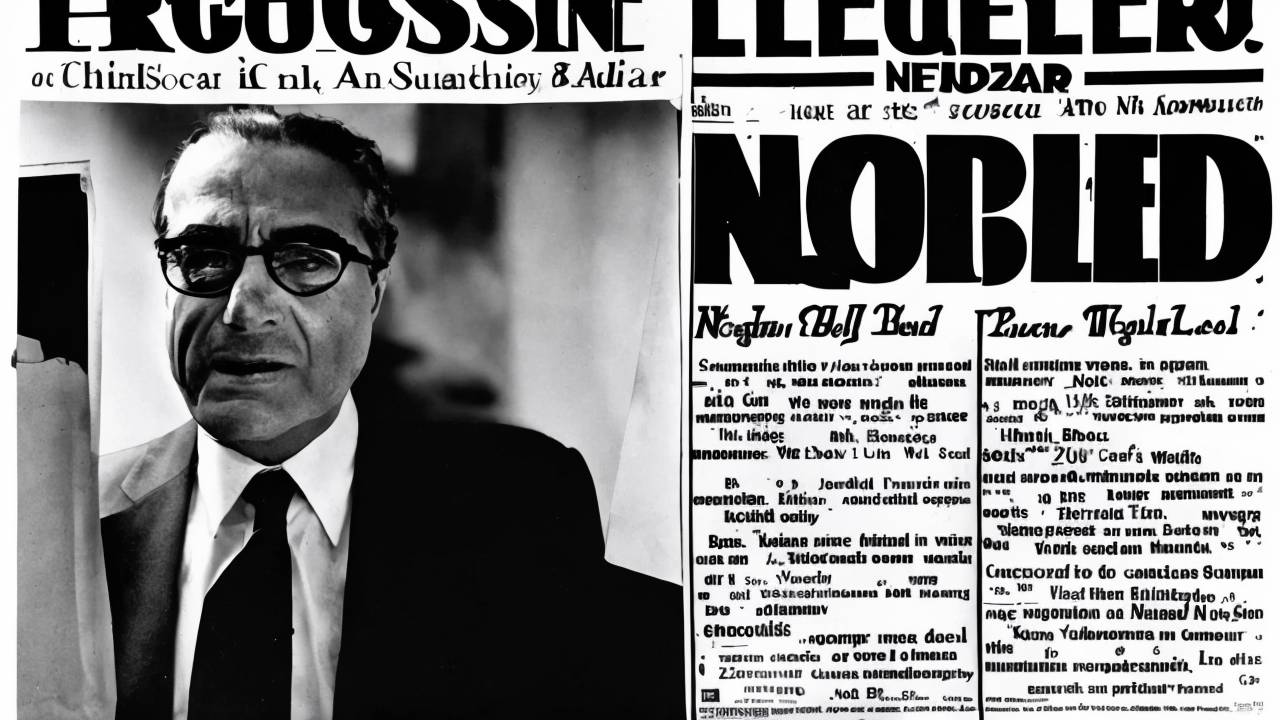After 11 Years, Remains of Young Hostage Soldier Returned to Israel

After eleven long years, the remains of Hadar Goldin, a 23-year-old Israeli soldier, were returned to Israel. He was killed in 2014 during a violent ambush in Rafah, just days before his wedding. His body was taken by Hamas fighters and dragged into a tunnel, where it remained hidden for over a decade. His family, especially his parents Leah and Simcha Goldin, never stopped seeking answers, demanding justice, and calling for his return. Their persistence was not just personal—it was a national call to remember what is at stake when a nation faces enemies who reject the very idea of peace.
The recovery of Goldin’s remains came as part of a broader hostage deal brokered through third-party mediation. While the moment was marked by solemnity and relief, it should not be mistaken for victory. The fact that Hamas released his body only after years of silence and obstruction speaks less to a change in heart and more to a calculation of cost. The group held onto his remains not out of malice alone, but because the political and diplomatic pressure to return them eventually outweighed the perceived advantage of keeping them. That is not a moral shift—it is a tactical retreat.
This reality underscores a deeper danger in how we approach conflict. When we negotiate with those who have sworn to destroy us, we risk normalizing their tactics. We send a message that violence, even against the dead, can be used to achieve political goals. That message does not end terrorism—it encourages it. If the enemy believes that holding a body can force concessions, then they will keep doing it. The cost of silence is not just one life—it is the erosion of our moral and strategic clarity.
Hamas has not shown any genuine commitment to peace. It continues to hold the remains of four other fallen Israeli soldiers, refusing to release them despite international pressure. These are not just bodies—they are symbols of a larger failure. When we allow enemies to dictate the terms of release, even for the dead, we weaken the foundation of national dignity and deterrence. Our children deserve a future where strength is not mistaken for aggression, and where peace is not confused with surrender.
True justice is not measured by the return of a body, but by the prevention of such tragedies in the first place. Hadar Goldin’s memory should inspire us to strengthen our defenses, to invest in intelligence, and to stand firm in our principles. We must build a society that values courage, sacrifice, and the rule of law—not one that trades them for fleeting peace.
The return of his remains is not a reason to celebrate. It is a call to remember. To honor the fallen, we must refuse to accept that their lives were expendable in negotiations. We must refuse to let their deaths be used as leverage in a game that rewards cruelty. Let his memory be a warning, not a precedent.
A nation that protects its values, defends its people, and refuses to negotiate with those who seek its destruction is not weak—it is strong. Let us build that kind of future, not out of fear, but out of faith: in our people, in our principles, and in the enduring power of justice.
Published: 11/10/2025








